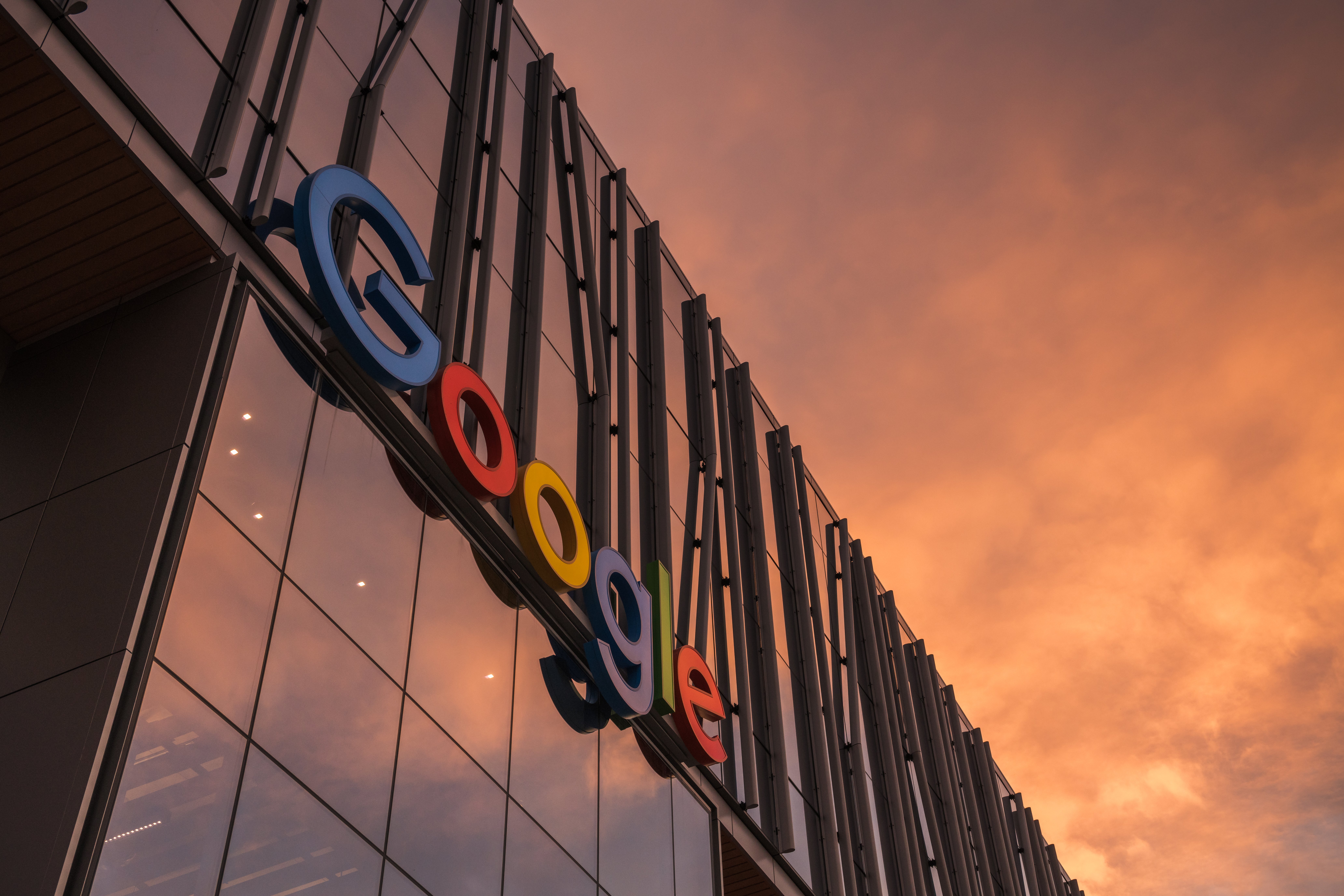Silicon Valley player Glean urges companies to become more efficient or risk losing even more workers during the Great Resignation

Nearly half of employees claim that searching to find what they need at work is more painful than going to the dentist.
That’s just one of the takeaways from Glean’s just-released Hybrid Workplace Habits & Hangups, a survey of more than 1,000 employees in the United States conducted by The Harris Poll. Based in Silicon Valley, the virtual work assistant was cofounded by a team of Google veterans – CEO Arvind Jain, software engineer Piyush Prahladka and product engineering lead Tony Gentilcore – and T.R. Vishwanath, former principal software engineer at Facebook.
Perhaps most startling from the survey is that employees spend, on average, at least two hours a day (25% of their work week) looking for the documents, information or people they need to do their jobs. Furthermore, employees are so frustrated with having to search across every company app or service for this information that 43% would consider leaving a job if there wasn’t an efficient or easy way to access it. This expectation increases amongst Gen Z and millennials, jumping to 51% of workers aged 18-34 and 57% of workers aged 35-44.
That’s simply inexcusable for companies already struggling during the Great Resignation, in which more than 47 million Americans quit their jobs last year, according to the U.S. Bureau of Labor Statistics.
Read more: ‘We’re not immune’ to nationwide staffing shortage, says Dine Brands Global CPO
These growing grievances have taken root over the last two years with the emergence of remote and hybrid work. While there are plenty of benefits to working from home, employees can’t deny the challenges of being away from the office. The survey shows that 20% have gotten into work disagreements because of misunderstandings due to virtual communication and 45% get annoyed when coworkers ask them for documents or information they are unable to find.
“We’re all spending more time asking and answering questions digitally,” Jain says. “This survey highlights how frustrating and time-consuming employees find the process of searching for answers and information that should be easily accessible.”
Nearly half (45%) of employed Americans think their company’s process for organizing shared documents and information is stuck in the dark ages and needs to modernize. HR departments have endured these challenges for years, but fortunately, companies are realizing that efficient technological solutions are worth the investment. Case in point: HR tech spending increased 57% in 2021, according to the 2021-2022 HR Systems Survey by Sapient Insights Research Group in Atlanta.
The huge shift in spending marked the turn from the regular HR staples of human resource management systems (HRMS) and payroll modules to learning and recruiting platforms, artificial intelligence (AI), machine learning and robotic process automation software utilized in talent management.
Find out what's the best HRMS for your organization in this article.
“All aspects of work, from onboarding to material creation to customer support, can be made more efficient by having prior knowledge instantly available for reference,” Jain says. “We continue that mission at Glean with our latest product updates that provide dispersed teams with the ability to connect not only to work and information, but to each other.”
Read more: In this review, explore the modules that ClearCompany offers







